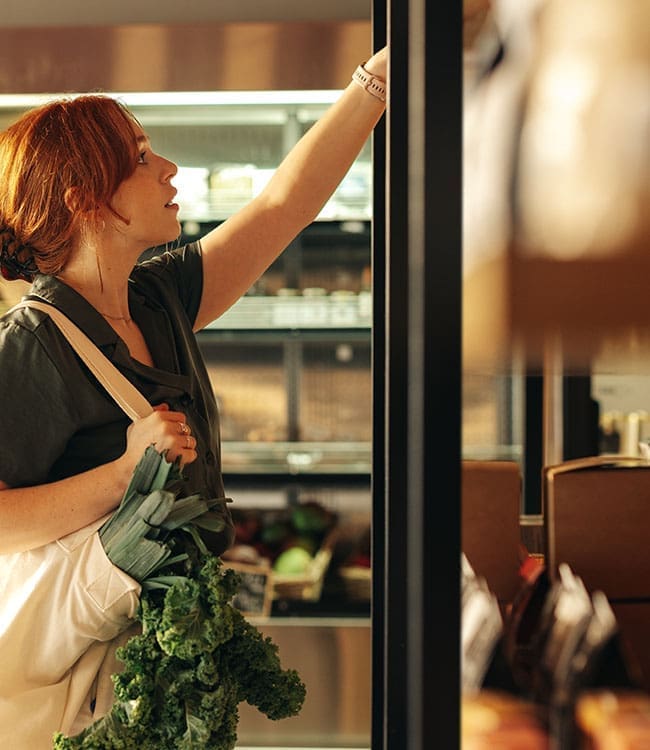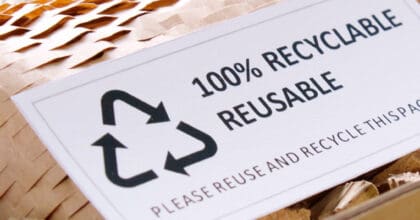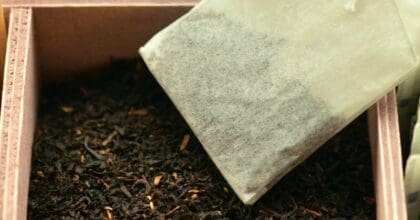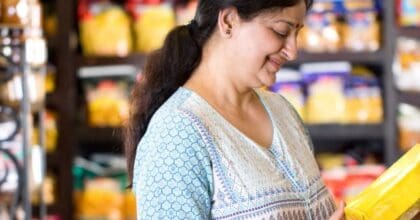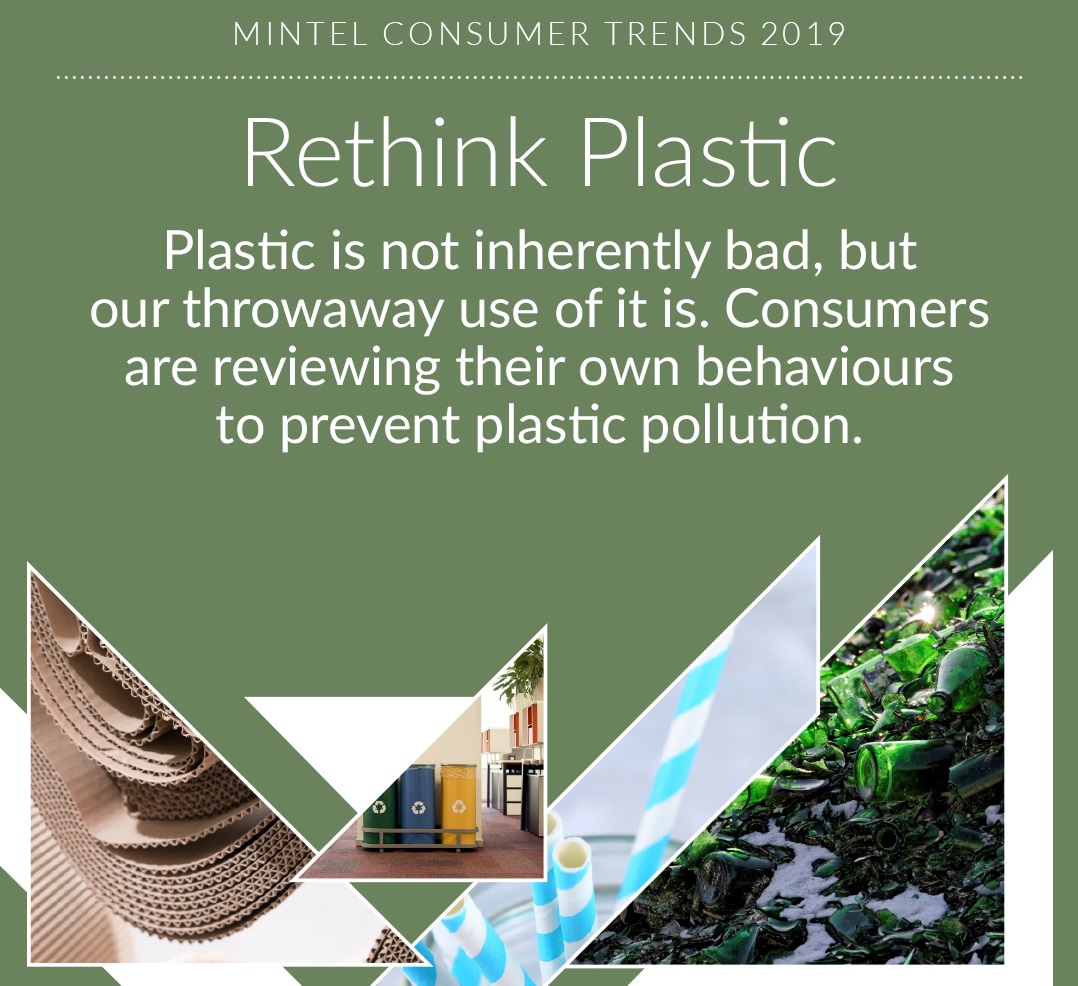
Mintel Trend ‘Rethink Plastic’ discusses how today’s throwaway use of plastic among consumers is driving them to review their own behaviours to prevent plastic pollution. It is also pivotal for companies and brands to be a part of the shift away from unnecessary plastic use.
Here, we highlight four companies across Asia who are making a commitment to the cause.
Starbucks, Indonesia
With plenty of media attention surrounding plastic waste in Indonesia, consumers are becoming more aware of and concerned about the environment. Their consumption habits and preferences are changing and there is an increasing reliance on brands to address these rampant environmental issues.
Starbucks Indonesia has announced that it will be using new, ‘greener’ materials in all its stores across Bali. Dubbed the ‘Starbucks Greener Nusantara’ movement, the coffee giant aims to replace single-use plastic straws with durable paper straws, and all plastic stirrers with wooden ones. Additionally, the plastic cups used for iced drinks will be replaced by cups made from r-PET-based components.
Starbucks is certainly a foodservice frontrunner when it comes to paying proper attention to the global plastic waste issue. The coffee chain has committed to eliminating single-use plastic materials in its stores around the world by 2020.
The Central Group, Thailand
A surfeit of plastic waste is suffocating the coastal ecosystem of Phuket and wider Thailand. In light of this, new initiatives are being devised to raise awareness among local communities and visitors from home and abroad.
For instance, Thailand’s largest retailer, The Central Group, which owns the Central and Robinson department stores, as well as Centara Hotels and Resorts, has abolished free plastic bags for department store shoppers in Phuket, Thailand, in an effort to reduce coastal pollution. The company is also partnering with Phuket Hotels Association to encourage customers to purchase reusable bags.
Coca-Cola, China
China had been importing plastic waste for the last three decades before announcing in 2017 that it would stop taking in contaminated plastics. This is a strong indication of the government’s commitment to reducing plastic pollution in the country. To add to that, companies and brands in China are starting to come together to tackle this global issue.
Coca-Cola China has launched the VenCycling machine that uses facial recognition technology to dispense drinks, and rewards users for recycling cans and bottles. The machine, which also has a voice interactive system, sports emotive AI LEDs and two ‘eyes’,with one dispensing beverages, while the other collects used packaging. In exchange for returning used cans or plastic bottles into the machine, consumers receive credits, primarily via mobile devices, for either beverages or products made from recycled plastic.
The VenCycling machine plays a role in creating more awareness among consumers, while promoting plastic as a useful resource that can transform into other consumers goods after its life as a bottle.
CU and GS25, South Korea
South Korea’s Ministry of Environment has announced plans to reduce plastic waste generation by 50% and drastically increase the recycling rate from the current 34% to 70% by 2030. The government also aims to reduce the use of disposable cups and plastic bags before 2022.
Convenience store chains in South Korea are offering lunch boxes with eco-friendly packaging in line with the national drive to reduce plastic waste. CU is said to be the first convenience store to introduce eco-friendly packaging in a biomass material based on coconut skin which will help speed up the decomposition process. Meanwhile, GS25’s latest bio-based polypropylene packaging uses 40% less plastic and cuts the decomposition time in half. Both CU and GS25 aim to completely switch all their lunchbox packages to eco-friendly variants by 2019.
‘Rethink Plastic’ is one of six trends that the Mintel Trends team has predicted will impact consumer markets across Asia Pacific in the coming months and years.
To learn more about how these trends that will impact Asia Pacific’s consumer markets, download Mintel’s China & North Asia Consumer Trends 2019 and Mintel’s South, Southeast Asia & Australasia Consumer Trends 2019.


















